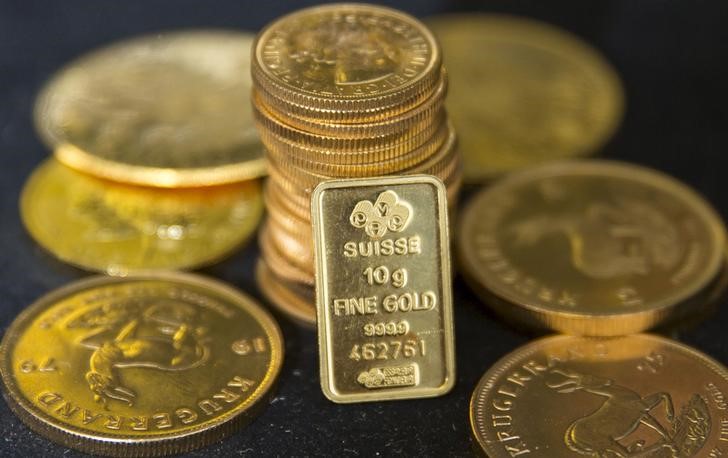Central banks have been actively and massively buying gold over the last few years. In its report published this week, UBS highlighted the sustained interest in gold by central banks, underscoring its role as a hedge against inflation, a diversifier during market stress, and a credible asset in times of economic turmoil.
In the wake of the Ukraine war and the freezing of approximately $300 billion of Russian foreign holdings, central banks, particularly those from smaller countries vulnerable to Western sanctions, have increased their gold reserves.
This trend, while not immediately impacting the dollar-based status quo, signals a shift in the perception of central bank sovereignty and adds to calls for reform in the international financial system.
As of the end of 2023, central bank holdings of gold stood at around 37,000 metric tons, representing 16.7% of total central bank foreign exchange reserves. Developed countries hold the largest reserves, with the United States, Germany, Italy, and France at the forefront.
Nevertheless, emerging markets are rapidly accumulating gold, with notable increases by Russia and China, UBS strategists said.
These purchases are part of a broader move to diversify assets and reduce reliance on major currencies such as the US dollar, euro, Japanese yen, and British pound.
The World Gold Council's survey of reserve managers indicated that gold's long-term value, its role as an inflation hedge, and the lack of counterparty risks are key reasons for its inclusion in reserves. Moreover, gold's daily liquidity and absence of default risk are crucial amid rising public debts.
Discrepancies in reported gold purchases between the International Monetary Fund (IMF) and other sources like Metals Focus highlight the sensitive nature of reserve disclosures and the likely underreporting of gold acquisitions by sovereign wealth funds.
Historical patterns suggest that central bank actions can significantly influence gold prices. Comparing current dynamics to the mid-1960s, when central banks sold gold to maintain the gold standard, today's market is more liquid and diverse.
"Looking ahead, demand for gold has solid support from central banks. An additional factor over the next few years could be our outlook for a weaker US dollar. Central banks in emerging market tend to intervene in currency markets when their currency appreciates against the US dollar," UBS said.
"With emerging market central banks potentially increasing their foreign currency holdings as result of interventions in the currency market, there could be a greater need to buy even more gold."
UBS maintains a positive outlook on gold, citing central bank demand, geopolitical tensions, high inflation, and potentially lower US interest rates as supportive factors.
The Swiss brokerage firm expects gold prices to reach $2,600 per ounce by the end of the year and $2,700 per ounce by mid-2025, recommending a 5% gold allocation in a USD-based balanced portfolio for individual investors.
